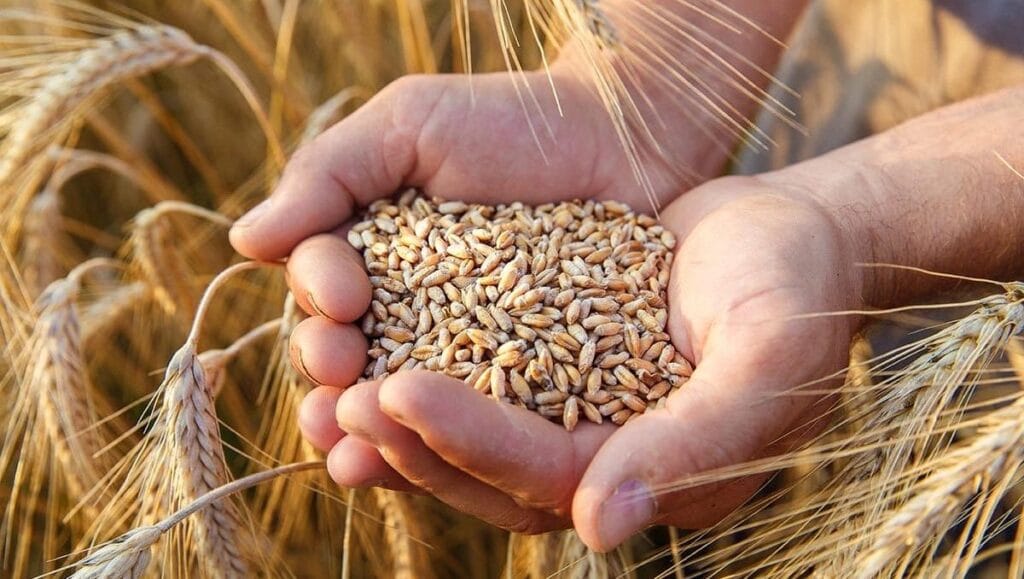Morocco is fully mobilized to support the Small Island Developing States (SIDS), the Least Developed Countries (LDCs), and the Landlocked Developing Countries (LLDCs) through concrete and efficient South-South cooperation, emphasized the Deputy Permanent Representative of the Kingdom to the United Nations agencies in the Italian capital, Abdellah Larhmaid, on Sunday in Rome.
“The Kingdom shares its expertise in key sectors such as sustainable agriculture, fishing, irrigation management, renewable energies, vocational training, and food system transformation, tailored to the needs of partner countries, particularly in Africa,” Mr. Larhmaid stated during a meeting at the 44th General Conference of the Food and Agriculture Organization (FAO).
The Kingdom’s commitment, he continued, is illustrated by a series of pioneering initiatives, including the implementation of the three Climate Commissions for the Congo Basin, the Sahel Region, and the island states, launched on the sidelines of COP22 held in Marrakech in 2016.
Mr. Larhmaid noted that these commitments and initiatives reflect the proactive and solidarity-based vision of His Majesty King Mohammed VI, who has graciously made Morocco’s expertise available to developing countries, whether through South-South cooperation, tripartite cooperation, or within the framework of bilateral relations and regional and international cooperation avenues.
This is within the context of the Royal Initiative for the Atlantic, which adds to the numerous projects developed by Morocco to create a continental impact, as it will play a prominent role in the future African Continental Free Trade Area (AfCFTA), he noted, assuring that this strategic initiative aims to transform the Sahel region into an Atlantic highway, with sustainable development objectives and modern means, in structuring projects and new technologies.
After recalling the structural constraints affecting food security and the resilience of their agri-food systems, the Moroccan diplomat emphasized the need to strengthen the food production capacities of these countries, improve their adaptation to climate change, and facilitate access to technologies, financing, and markets.
While highlighting Morocco’s cooperation model, which is based on solidarity and the development of practical solutions aligned with the priorities of its partners, Mr. Larhmaid advocated for promoting technology transfer and ensuring that food security remains at the heart of the development programs of SIDS, LDCs, and LLDCs.
Food security: Morocco fully mobilized to support developing countries (diplomat)
No Comments2 Mins Read


